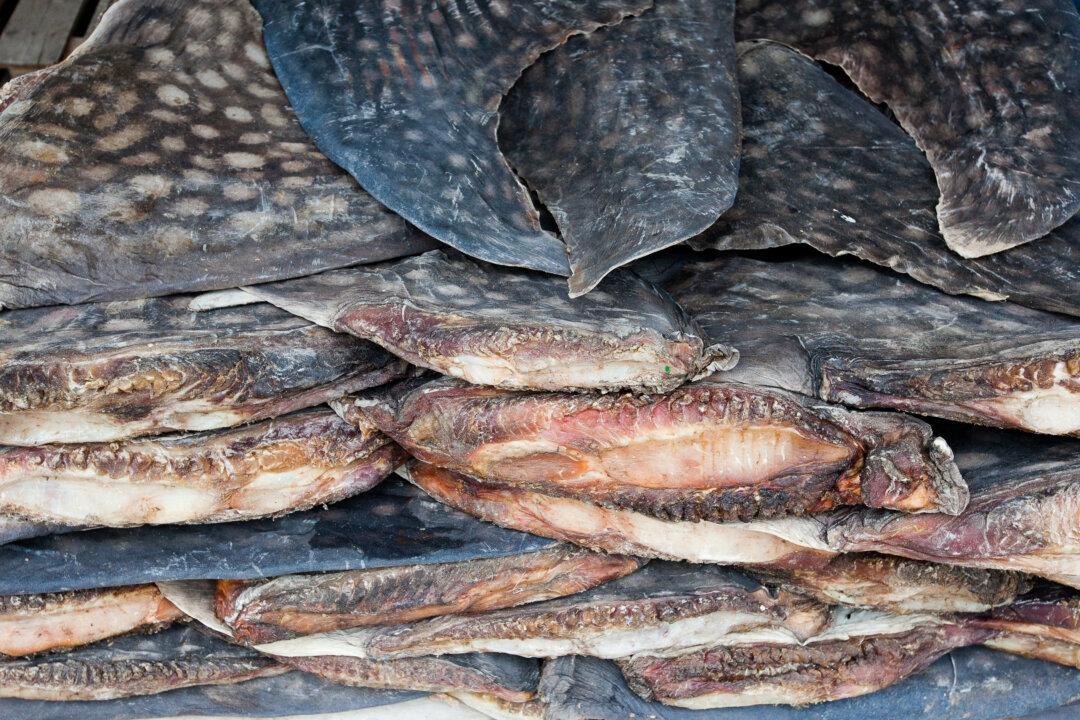The U.S. Fish and Wildlife Services announced that around 1,400 pounds of shark fins were seized at Miami Port, according to multiple reports.
The shark fins were kept hidden in boxes in a ship that was docked at PortMiami in January 2019, according to the Miami Herald. The fins were found mixed among “non-protected” and “non-regulated” animal items, spread across 18 different boxes.





